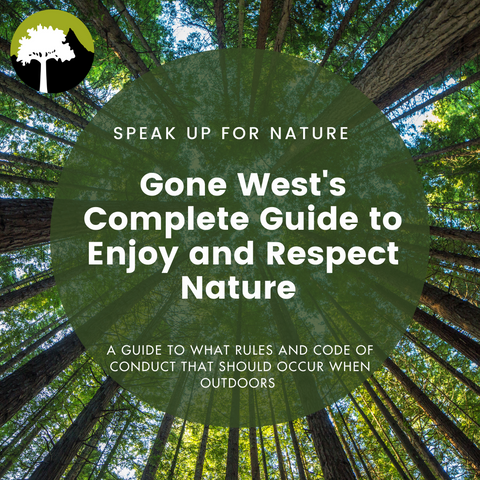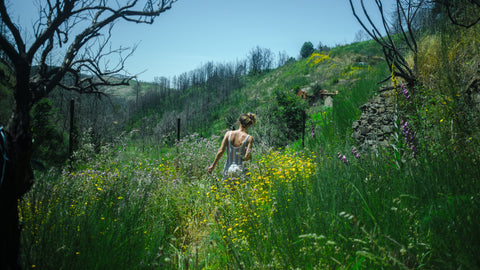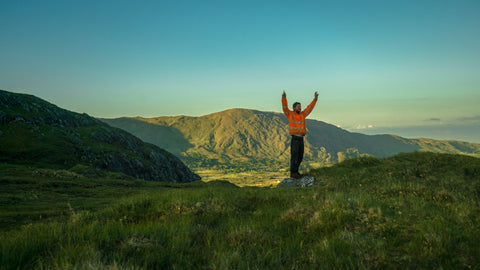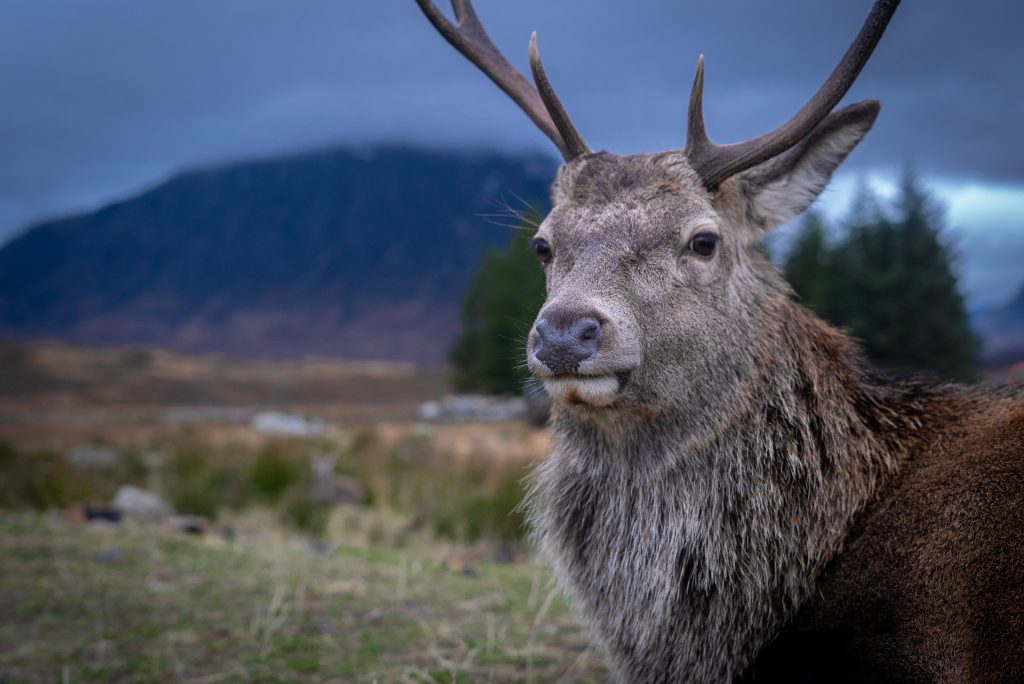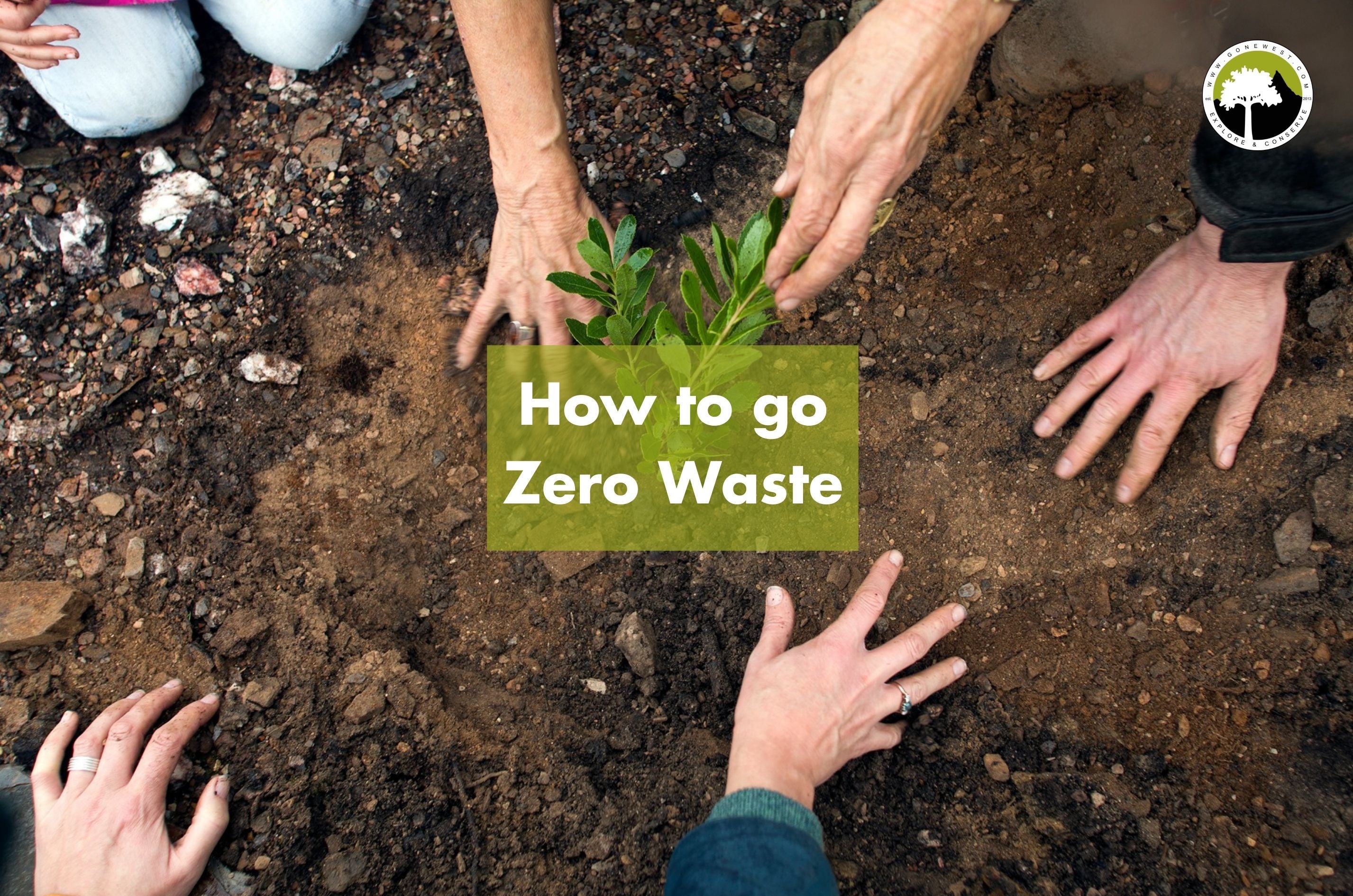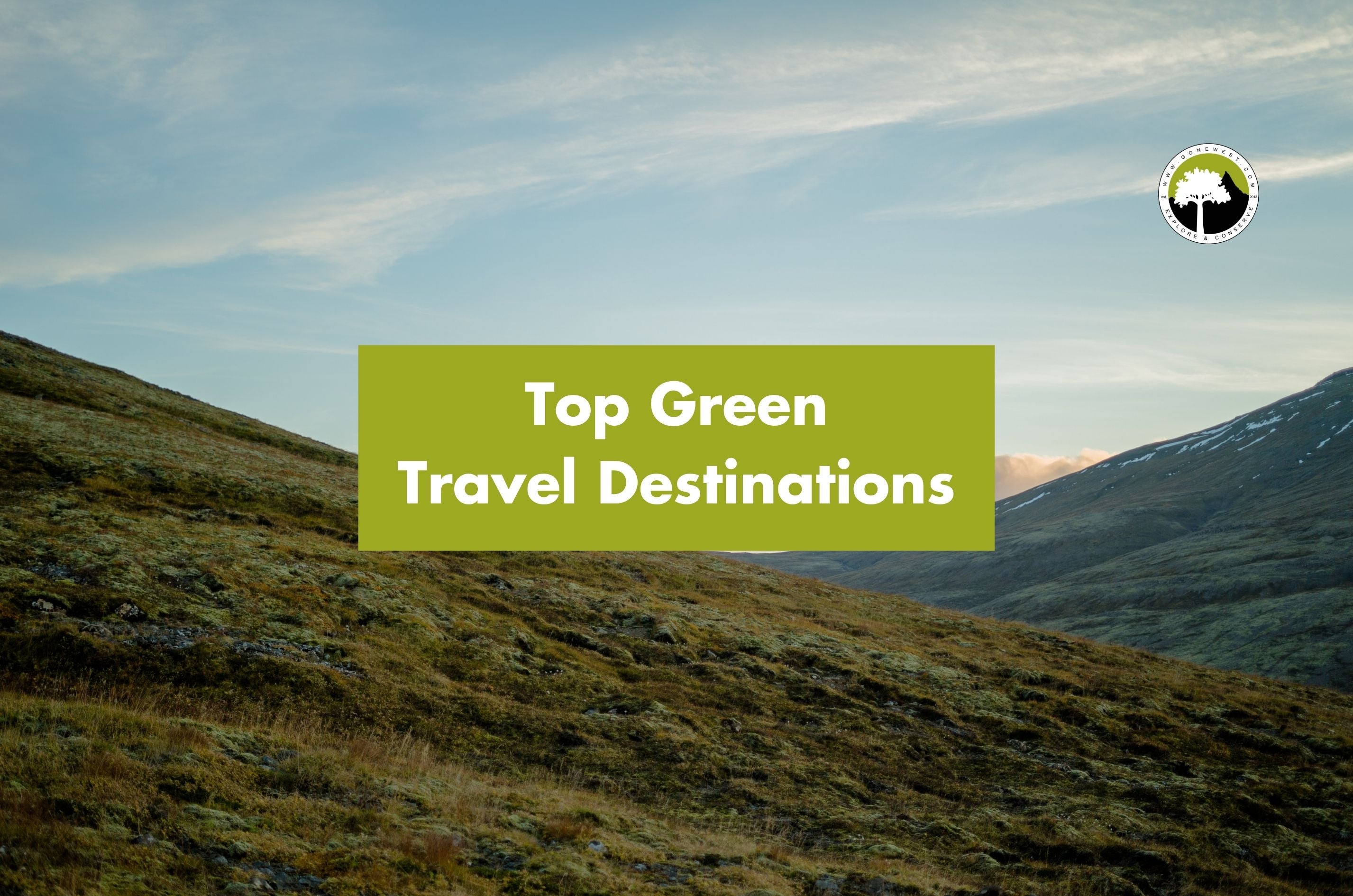We must respect nature if we are to survive.
We firmly believe that the vast majority of people who want to visit the great outdoors just want to have a good time, and enjoy the serenity of the outdoors and wildlife, without harming nature or spoiling the adventure for others. However, some people can be blind to the rules and code of conduct that should occur when outdoors in places such as forests, woods and trails and how their actions can affect plant life, animals and nature overall.
There has been an ever growing need to help combat human impacts on species and natural systems, as being respectful of environments and communities goes hand in hand, because environmental problems impact people on a broad scale.
England’s forests alone are a haven for millions of visitors every year, with an abundance of them coming from summer visits, we should show greater respect for them. This means being careful when outdoors, but that we should also be enjoying the beauty of the outdoors. Our article consists of us asking and teaching outdoor visitors to respect and protect the environment, and to show the things you can do to enjoy the outdoors responsibly this summer.
Before you read our UK nature guide any further, have you thought about offsetting your businesses’ products or services with solutions for sustainability? Visit Gone West’s Carbon Footprint Offsetting page to learn all you need to know about the services we offer.
Guide to Nature: Benefits of the Outdoors
Nature is not only beautiful, but brimming with life. Once you go deeper into nature, you adventure into the heart of the forest, shutting out the hustle and bustle of everyday life. Not only is it calming, but there are a multitude of reasons why we should go outdoors and visit greener spaces.
A study by the Natural Resources Institute Finland found that even a short visit to a forest makes people feel better. The participants were found to actually feel better when in nature, as it relieves stress and increases a sense of vitality in us.
Physical Improvements
Those who spend at least two hours in nature a week have better physical health. Spending time walking among or simply looking at trees lowers blood pressure and reduces the stress-related hormones cortisol and adrenaline. In addition, it has also been reported that adults over 70 who spend time outdoors complained less about aches and pains, and enjoyed improved mobility and ability.
Nature also has calming benefits. Being around seas, rivers, lakes, waterfalls and fountains, which are known as ‘blue spaces’, has many benefits for the mind and body. This helps slow breathing and promotes calming of the nervous system.
Benefits Mental Health
Having access to nature is beneficial for psychological wellbeing too. Doctors will often prescribe time outdoors to patients dealing with bad mental health. This is because it has been proven that regular access to greenery may help protect against mood disorders, neurotic behaviour and stress-related issues. Evidence suggests that regular exposure to nature parks, forests, woodlands and rural settings can benefit mental health.
Can Improve Quality of Sleep
As well as physical and mental health, being in nature has been proven to improve sleep. A study showed that the quality of sleep, and the amount we get is inhibited by artificial lighting in our work buildings and homes. The study found that being outside led to better quality sleep.
Meeting New People!
Going outdoors is a great way to meet people and make new friends. A lot of people have made friends and joined communities due to their love for the outdoors. By going to your local green spaces, you might bump into the regular dog walkers and runners. You can go on to join in community events such as beach clear ups or running clubs.
Etiquette & Nature Guide for Forests and Parks
The coronavirus pandemic has highlighted the issue of bad etiquette in our natural spaces and the need for the public to follow a nature guide. More people visited parks and rural areas instead of spending holidays abroad due to lockdown restrictions. This resulted in abandoned campsites, burned out woods, human waste, litter, alcohol, and drug paraphernalia.
Respecting nature means making every effort possible to protect and preserve our beautiful parks and forests. Below we have compiled some do’s and don’ts when visiting parks and forests this year.
If you are passionate about Forests and want to find out what we do and how we are fighting against deforestation, please visit our Regenerating Our UK Forests article.
What to do
- Follow some Outdoor Access Codes
- Plan in advance for your trip
- If the weather is nice chances are these places might be busy, so have a backup plan ready
-
Protect and respect wildlife, plants and trees
- Account for toilet breaks
- Some might not be open or full to capacity, be prepared to take any waste home with you
- Bag it AND bin it
- Take it home when bins are full or not available
- **Taking your litter home is essential as it is dangerous for wildlife**
- When spending time in the forest, consider your surroundings and make sure that all plants and animals are left undisturbed
- Always keep your pets on a leash when taking them outdoors. When a pet is let loose, it will follow its instincts to chase wild animals hiding in the vegetation.
- If you want to learn more you can read the full Forest Dog Code here
- Dry weather makes it very easy for wildfires to start
- These cause serious damage, killing and destroying wildlife and their habitats
- Help us prevent this by not lighting campfires, only use BBQs where allowed and make sure any cigarettes are put out and disposed of properly
- **If you see any wildfire in a forest or trail please dial 999**
If you are enjoying this article, why not check out Gone Wests Blog Page to keep up with all our posts and exciting ventures.
What Not To Do
-
Do not remove anything from the outdoors
-
Each animal and each plant has its place in the ecosystem. So take only memories away with you!
-
Building rock piles is harmful to nature
-
Do not knock down already existing piles, either, as some of these could be home to burrowed insects
-
Caution when using drones
-
Most places do not allow them as they disturb vertebrates and can also lead to the death of fledglings
-
Paths are shared with others
-
Be prepared to slow down to let others pass safely
-
Remember to abide by whatever physical distancing restrictions are in place when outdoors
-
Avoid the crowds
-
If it looks too busy it is too busy to turn back and head home or find another suitable place to go
-
Make no unnecessary noise, such as playing music or yelling
-
This could alarm and scare away animals.
-
Forests are a great place to escape the hustle and bustle of everyday life, just enjoy the peace and quiet!
-
If you venture off a trail while walking, please be sure to go out of your way not to trample on vegetation or plant life.
-
Take photographs responsibly
-
Do not harm nature in order to get better pictures and respect other visitors by not photographing without permission
-
Stay at a respectful distance from animals and their nests
-
Do not feed animals
-
Although this may seem like a good thing to do, this can actually cause wildlife to be reliant on humans for the food sources
-
Some foods which are safe for us, are toxic for animals and could potentially kill them
Nature Trail Guide
In addition to forests and woods, trails are one thing to also be wary of. There are a lot of rules of the roads that people might not know, so be sure to finish reading our nature trail guide.
When you’re running or walking a trail, you’ll encounter other users: climbers, backcountry skiers, hikers and hunters, for example. There may be some things you never thought to do to respect the trail and the other trail users experience. We have highlighted a few of the main points when it comes to proper etiquette that should be used when on a trail.
Be Respectful!
Number one rule on a trail is to be respectful of the environment. It’s more than just a matter of holding on to your rubbish. Remember the trail isn’t your personal land and it is meant to be shared with everybody.
Plan Ahead
Make sure to plan ahead of your trip, know your route, search weather conditions, make sure you have the correct equipment etc.
This also goes the same for transport. It may not be a direct impact on the trail, but the transportation choices we make do affect the trail and land. Many trails have limited amounts of public car space, and not planning ahead may result in a fine! If the designated space is full, some people park on the roadside or outside homes. This causes major traffic issues and in some cases, it is illegal. One way to avoid this is to use public transport or to carpool!
Weather
Weather can be unpredictable, but that’s no reason to not check the weather ahead of time. You don’t want to be needing some coast guard assistance because you didn’t bother to check the weather! As we know, the weather in the UK can be quite unpredictable! One moment it is sunny and the next it is pouring down. To avoid being caught out, be sure to pack for all weathers.
Pack Safe
If you are going on a long journey, be sure to pack accordingly. Pack a phone in case of emergencies. Also don’t forget to bring things such as water and snacks! (Bonus: if you have space for mini first aid kit, pack that too)
Always Stay on trail
The trail is there to be walked, so stay on track the whole time. If you find that you have to leave for something, such as going to the loo or because of an obstruction, make sure to scope out the surface to see if it’s safe, especially if you are on a coastline, or cliff/drop.
Clean up after yourself
This rule is pretty universal as to wherever you go, but always leave with your rubbish. If you want some extra brownie points, why not consider bringing an empty bag to fill on your walk with whatever rubbish you come across? Almost like a treasure hunt, but with….rubbish.
Leave What You Find
It happens a lot when out in nature, you can come across some cool looking items, like a cool rock or some pretty plants, but remember not to take away or damage it. Everything is there for a reason. Make sure not to damage or tamper with any tapes or signage when you are on a trail too, this could endanger other members of the public and cause them to get lost, so make sure to preserve that experience for others.
Respect Wildlife
On a trail, it’s inevitable that you will come into contact with wildlife, as you are essentially in their home, so do your part in taking the utmost caution not to unsettle those that live there. This is especially important when it comes to bringing your dog on a trail. Make sure they are always leashed. If your pet is known to chase smaller wildlife or be overexcited, maybe consider leaving them at home for this adventure.
Noise
Like most nature walks, people are there to enjoy the ambience and serenity of nature, so try to be conscious of the noise you’re creating while you’re there.. You may also want to be taking pictures and videos of your beautiful walk, but try to be respectful of other hikers and do not photograph them without their permission.
Keep Trail Groups Small
If you enjoy walking or running through trails in a group, that’s perfectly fine! However, you may want to be considerate of the size of your group; it can affect other trail users’ experience. Large groups tend to negatively affect other trailers. If there is a large group, it might be hard for others to pass by or the noise level of the group may affect others’ experiences.
That’s all for now. We hope you have enjoyed our British Nature Guide and you have taken something away from this blog. We hope you get yourself out there to one of our beautiful parks or trails this year and be safe and sensible.
To keep up with us on our journey be sure to follow our Instagram and subscribe to our monthly newsletter for updates.
Stay in the loop

